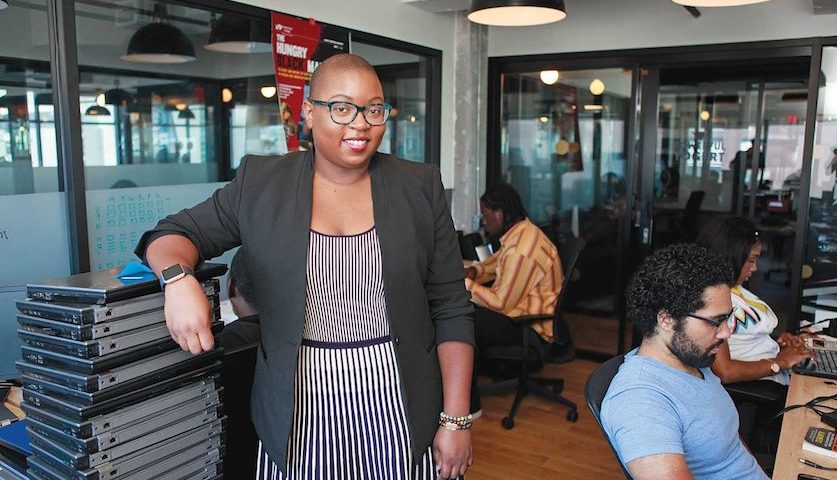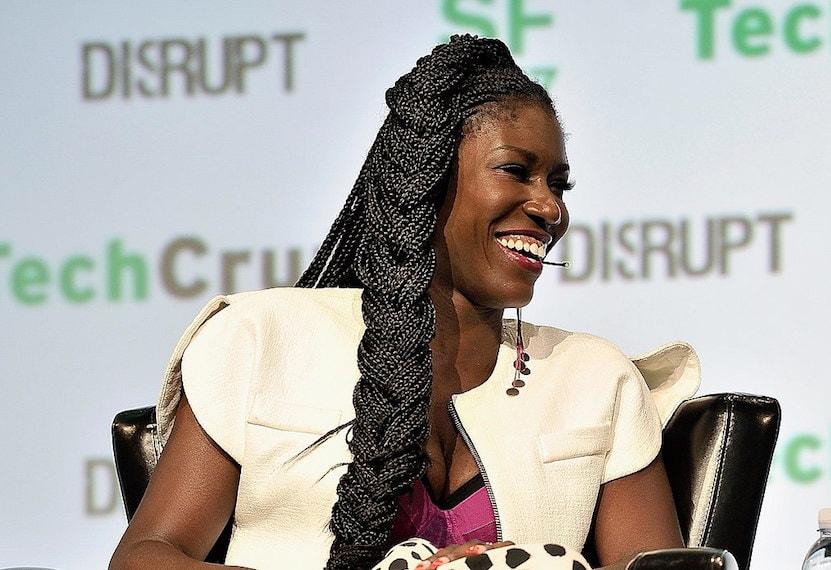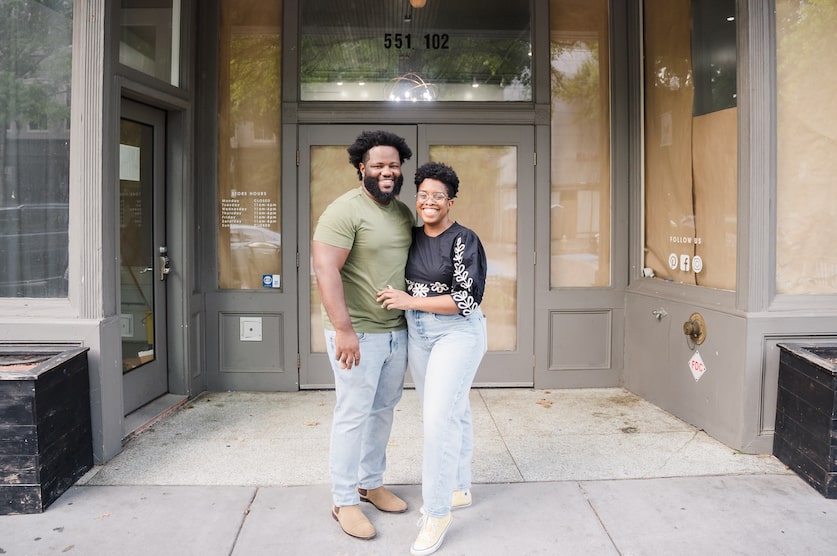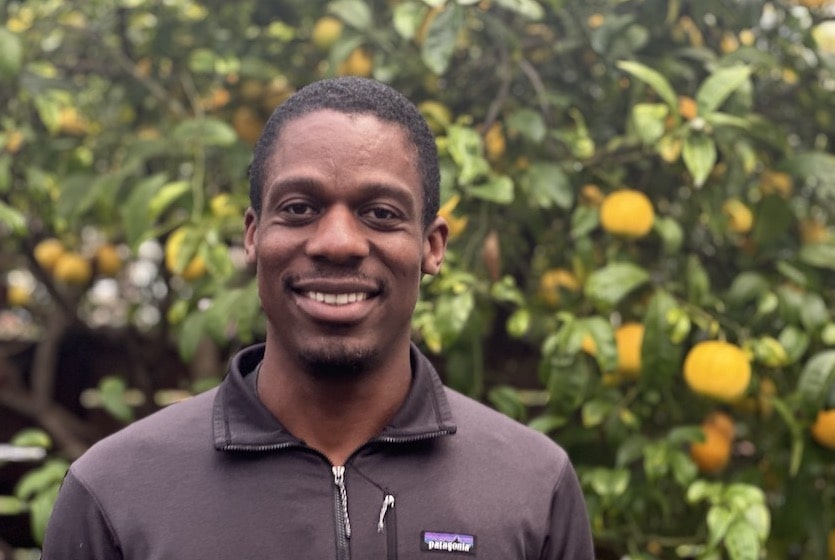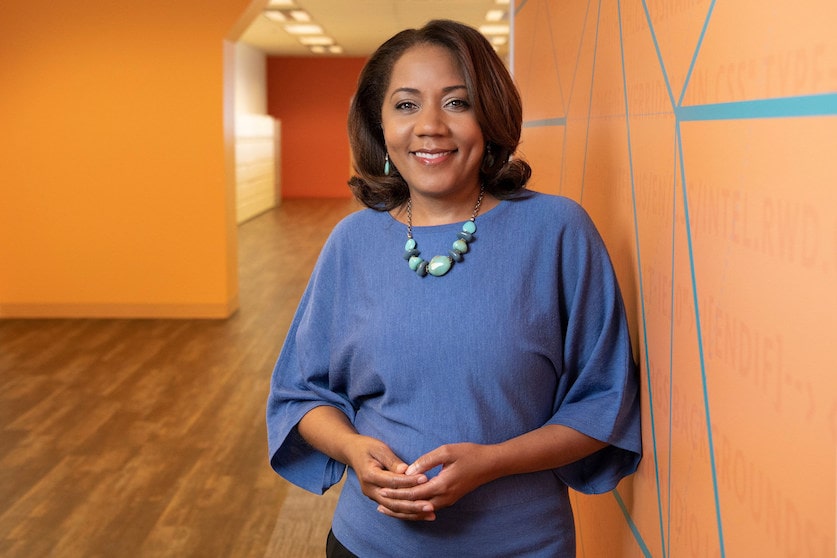
Apple Diversity Executive Barbara Whye Joins BlackLine Board of Directors
April 19, 2021
Africa Shows Huge Potential for eCommerce Growth
April 19, 2021With its tropical climate, vibrant culture, lack of state income tax, and diverse multicultural workforce, Miami is fast becoming one of the hottest tech cities in the U.S. In fact, an increasing number of firms, investors, entrepreneurs, and professionals are now calling the Sunshine City home.
High profile transplants include PayPal founder Peter Thiel; Steven Barrow Barlow, co-founder of Kallpod; and former LinkedIn and Square executive Keith Rabois. In the midst of the techxodus from traditional hubs, in January Rabois tweeted “I have met more new interesting people in Miami in three weeks than all of 2020 in the Bay Area.”
Bigwig corporations including SoftBank, Goldman Sachs, and The Blackstone are now expanding their real estate footprint in Miami. The well-positioned East Coast city is a bridge between North America and, Latin America, and the Caribbean, two emerging markets with significant unmet potential that’s proving attractive to tech innovators with global ambitions.
“In the midst of a global pandemic and economic uncertainty, people are discovering that Miami is a severely under-tapped place. From the relaxed lifestyle and amazing real estate to its strategic geographic location, Miami is more than just a beach and she’s finally getting her moment to shine.”
Black founders are also making waves in Miami. Innovators who have worked on successful businesses out of Miami include Angela Benton, CEO of Streamlytics; Felecia Hatcher, co-founder of the Center of Black Innovation, Michael Hall, co-founder of Digital Grass; and Brian Brackeen, general partner at Lightship Capital; among others.
“Miami is for doers, dreamers, and people willing to work hard and do the work,” explains Brackeen, who launched facial recognition startup Kairos in the city. “Its immigrant fuelled entrepreneurial spirit is second to none. That’s not just my opinion. Kauffman does an annual study of entrepreneurship activity. Miami is always top three in the US, oftentimes number one.”
“I believe Miami is such a sought-after spot for startups and innovators right now because there are so many major problems at the core that are ripe for a technology overlay and disruption,” says Hatcher. “From healthcare to trade and logistics to hospitality and tourism to food and logistics, these are areas that are economic drivers of our cities that people can come in to build those things.

Streamlytics CEO Angela Benton spent time working out of Miami on NewME Accelerator
Given how quickly the buzz has spread about Miami as an attractive place for tech entrepreneurs one could be forgiven for thinking that much of it is due mainly to media hype. After all, it wasn’t that long ago that places such as Boise and Spokane were being talked about as the next big tech hubs that people would leave Silicon Valley or New York for.
Still, the city has been steadily developing itself as a technology hub for well over a decade. According to figures from the Economic Innovation Group, between 2010 and 2014, Miami was one of five metro areas that also included New York, LA, Houston, and Dallas, which accounted for 50% of all startups in the United States.
“Miami has a deep, wide, and rich history of diversity,” says Andrea Hoffman, founder and CEO of Culture Shift Labs. “Diversity of thought, diversity of people, and diversity of culture. The intention and activation of that intention by leadership to become a destination for new and growing businesses, as well as a resource for seasoned tech talent is impressive,” adds Hoffman, who will be hosting October’s Culture Shifting Weekend in Miami.
“Miami is for doers, dreamers, and people willing to work hard and do the work. Its immigrant fuelled entrepreneurial spirit is second to none.”
Two years ago Miami was included in the 2019 Startup Genome Ecosystem Report for the first time. The Knight Foundation’s Miami Program Director Raul Moas, who also served on the Startup Genome advisory board, said in the report: “Miami’s transformation over the last decade goes beyond the built environment. It’s a story about people — those who are choosing to build their lives here and the kinds of endeavors they are pursuing,”
However, even though the city’s momentum has been building steadily in recent years two factors have propelled the rest of the country to quickly sit up and take notice of Miami’s potential.
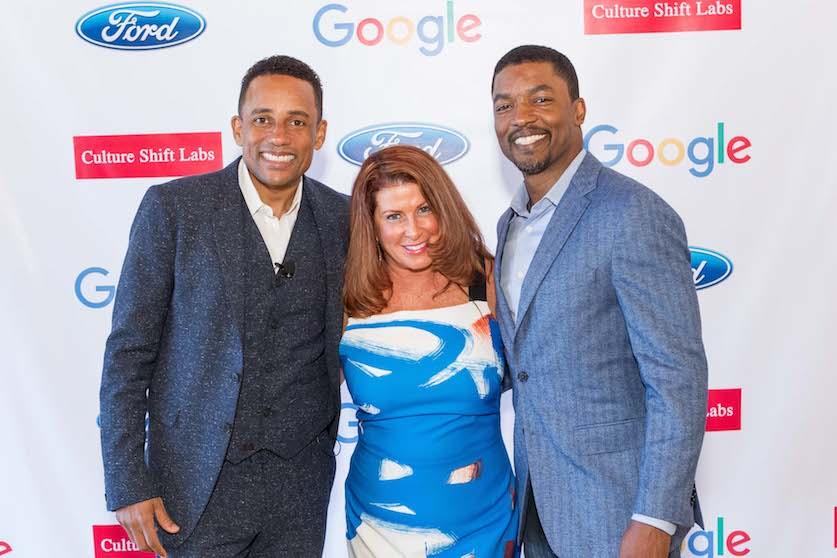
Andrea Hoffman, founder and CEO of Culture Shift Labs, will be hosting the 2021 (October’s event) Culture Shifting Weekend in Miami
The first is the Covid 19 pandemic. For many tech companies, New York or California are often top of the list when the search for a suitable location begins. However, the rise of remote working in the wake of the pandemic has eliminated the need for employees to be physically present in an office building.
“In the midst of a global pandemic and economic uncertainty, people are discovering that Miami is a severely under-tapped place,” says Miami resident Kirk-Anthony Hamilton, co-founder of Tech Beach Retreat. “From the relaxed lifestyle and amazing real estate to its strategic geographic location, Miami is more than just a beach and she’s finally getting her moment to shine.”

Miami Mayor Francis Suarez
Support and encouragement from an aggressively tech first mayor is the other key reason why Miami is now in the national spotlight. Francis Suarez has been actively courting tech entrepreneurs for several years.
For Suarez, more tech companies in Miami mean economic prosperity and high-paying jobs for residents. But it was a tweet he posted in December that propelled a huge online discussion about the city’s potential.
When Varda Space co-founder Delian Asparouhov posed this question on Twitter: “what if we move Silicon Valley to Miami?”, Suarez responded, “How can I help?” The Mayor’s response generated 2.3 million impressions.
“It gave me the impetus and energy and incentive to keep tweeting and connecting at a very high rate,” Suarez told CNBC. “I think the ‘How can I help?’ tweet was sort of an earth-shattering moment because people were like, ‘Oh finally, an elected official that gets it,’ that understands that having companies that are building wealth and creating high-paying jobs is something that benefits a city” he added.
Suarez has continued reaching out to leading tech entrepreneurs. Twitter CEO Jack Dorsey, Tesla boss Elon Musk, former Google CEO Eric Schmidt, and Palantir chairman Peter Thiel, are among those Suarez has had conversations.
The Mayor also continues to host live events called Cafécito Tech Talks, where he speaks to tech entrepreneurs who have made the transition to Miami. “We’re building a holistic infrastructure where people will want to come to school here, stay and work here, start their business here, raise their children,” Suarez told AFP. “What we’ve been quietly building over the last 10 years is the financial and educational backbone to support the entrepreneurs and businesses that are now seeing what Miami is all about.”
As part of his efforts to attract technology companies and investors Suarez is also pushing for Miami to adopt Bitcoin and cryptocurrency. In a recent resolution presented to the city commission, the Mayor proposed that Bitcoin should be used to collect taxes and pay municipal workers.
The plan is part of a campaign to make Miami a city that “embraces new technologies,” the resolution said. Speaking to Reuters Suarez said: “Cities like Miami, we’re trying to attract tech town. It’s part of a larger play if you will to position Miami as one of the most tech-forward cities in the country.”
Although the commission approved resolution 4-1, it did so with significant reservations. It agreed only to examine the practicality of the move rather than fully implement the original proposal.
Despite the commission’s reservations on Bitcoin Miami – with its low taxes, quality of life and forward-thinking mayor – the city is clearly on the way to becoming what Suarez has worked so hard for, a tech hub that rivals anything Silicon Valley has to offer.
(Main Image Felecia Hatcher, Miami Today)


